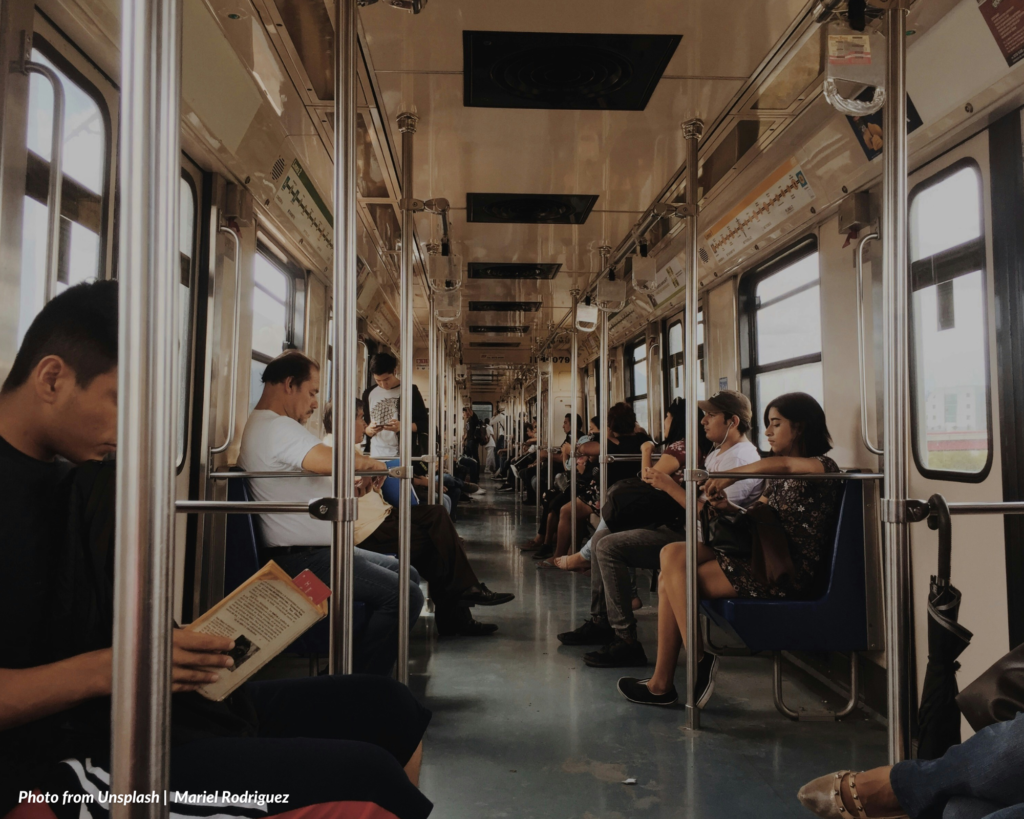
Photo from Unsplash | Mariel Rodriguez
The following post does not create a lawyer-client relationship between Alburo Alburo and Associates Law Offices (or any of its lawyers) and the reader. It is still best for you to engage the services of a lawyer or you may directly contact and consult Alburo Alburo and Associates Law Offices to address your specific legal concerns, if there is any.
Also, the matters contained in the following were written in accordance with the law, rules, and jurisprudence prevailing at the time of writing and posting, and do not include any future developments on the subject matter under discussion.
AT A GLANCE:
This duty of extraordinary diligence applies regardless of whether the passenger pays a fare (as a paying passenger) or rides gratuitously (without charge). Nonetheless, the law also provides that when a passenger is carried gratuitously, a stipulation limiting the common carrier’s liability for negligence is valid, but not for wilful acts or gross negligence.
Commuting in the Philippines is a daily adventure, a blend of challenges and resilience that defines the Filipino experience. Common carriers in the Philippines play a crucial role in the everyday lives of millions of people, providing essential transportation services that connect communities, facilitate commerce, and enable mobility across the archipelago. Art. 1732 of the Civil Code defines common carriers as persons, corporations, firms or associations engaged in the business of carrying or transporting passengers or goods or both, by land, water, or air for compensation, offering their services to the public. By public policy, the Civil Code also mandates that common carriers are bound to observe extraordinary diligence in the vigilance over the goods and for the safety of the passengers transported by them, according to all the circumstances of each case.
The duty of the common carrier commence from the moment the person who purchases the ticket from the carrier presents himself at the proper place and in a proper manner to be transported. The relation of carrier and passenger continues until the passenger has been landed at the port of destination and has left the vessel owner’s dock or premises. Once created, the relationship will not ordinarily terminate until the passenger has, after reaching his destination, safely alighted from the carrier’s conveyance or had a reasonable opportunity to leave the carrier’s premises. (Aboitiz Shipping Corp. v. CA, G.R. No. 84458, Nov. 6, 1989)
This duty of extraordinary diligence applies regardless of whether the passenger pays a fare (as a paying passenger) or rides gratuitously (without charge). Nonetheless, the law also provides that when a passenger is carried gratuitously, a stipulation limiting the common carrier’s liability for negligence is valid, but not for wilful acts or gross negligence. However, a mere reduction of fare does not justify any limitation of the common carrier’s liability.
Related Article/s:
DURATION WHEN THE COMMON CARRIER MUST OBSERVE EXTRAORDINARY DILIGENCE
Liability of common carrier for death or injury to passengers
Diligence Required of Common Carriers
Alburo Alburo and Associates Law Offices specializes in business law and labor law consulting. For inquiries regarding legal services, you may reach us at info@alburolaw.com, or dial us at (02)7745-4391/ 0917-5772207/ 09778050020.
All rights reserved.

